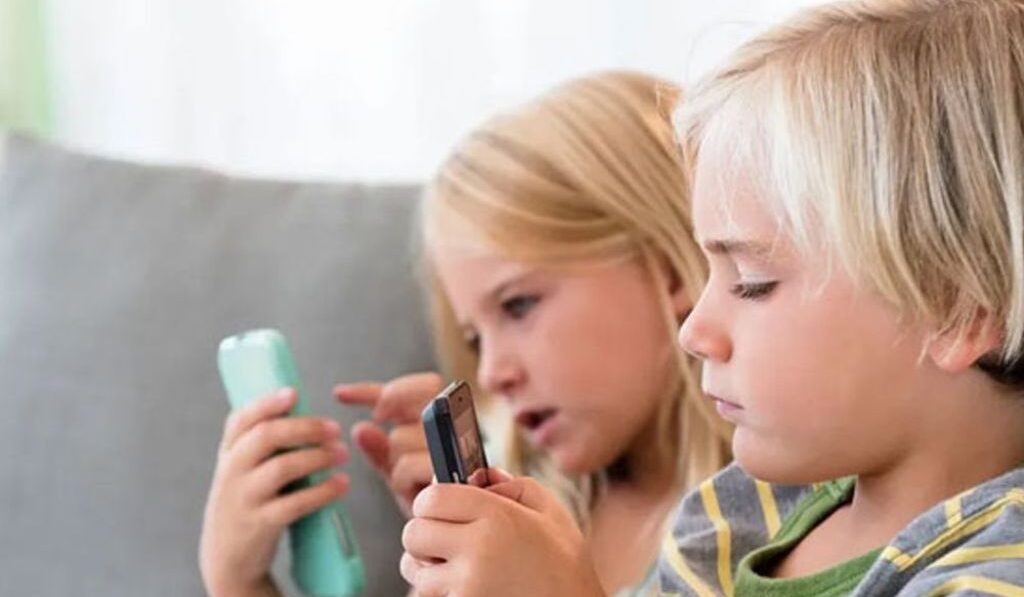
Australian Prime Minister Anthony Albanese announced on Thursday that the government will introduce legislation aimed at banning social media use for children under the age of 16.
At a press conference, Albanese highlighted the harmful impact of social media on young people, stating, “It’s doing harm to our kids.” He emphasized the government’s commitment to taking decisive action. The proposed legislation will be introduced in Parliament later this year and, if passed, will take effect 12 months after its ratification.
The ban will target popular platforms including Instagram and Facebook (owned by Meta), TikTok (ByteDance), X (formerly Twitter), and potentially YouTube (Alphabet). Communications Minister Michelle Rowland clarified that there would be no exceptions, even for children with parental consent.
Enforcement Responsibility on Platforms
Unlike previous approaches that placed the burden on parents or young users, this legislation will hold social media platforms accountable. Companies will be required to demonstrate that they are taking reasonable steps to prevent users under 16 from accessing their services.
Global Context
Australia’s move aligns with growing global concerns about the effects of social media on young people. France recently proposed a similar ban for users under 15, allowing parental consent as an override. In the United States, platforms must obtain parental consent before collecting data from users under 13, leading to age restrictions on accounts.
However, Australia’s proposal is among the most stringent globally, removing parental approval as a means of bypassing the ban. The legislation marks a significant step in the country’s efforts to safeguard the mental health and well-being of its youth.
The Pitfalls of Social Media for Young Users: A Growing Concern
The potential dangers of social media on children and teenagers have sparked widespread concern, with numerous studies pointing to its detrimental effects on both mental and physical health. Internal research from Facebook, released in 2021, showed that Instagram had particularly harmful consequences for teenage girls, exacerbating issues such as body image and self-esteem.

Young users often face pressure from unrealistic beauty standards and the constant comparison to curated online personas, which can foster feelings of inadequacy. These experiences have been linked to a rise in mental health challenges, including anxiety, depression, and low self-worth.
Mental and Physical Health Risks
Research indicates that children who spend over three hours daily on social media are twice as likely to face emotional and psychological challenges. Prolonged exposure to these platforms can also contribute to sedentary behaviors, compounding physical health risks.
The crucial developmental period of ages 10 to 19 makes young users particularly vulnerable to the negative impact of online environments, including heightened peer pressure and the fear of missing out (FOMO).
Encouraging Healthier Lifestyles
The proposed ban on social media for under-16s in Australia aims to address these concerns by promoting healthier, more active lifestyles. By limiting screen time, young people may be encouraged to spend more time outdoors, engage in physical activities, and explore hobbies that foster creativity and self-expression.
Reducing social media use could also decrease exposure to harmful behaviors such as cyberbullying, online harassment, and body shaming. In turn, this may lead to stronger, more meaningful face-to-face relationships and improved communication skills, as children focus more on real-world interactions.
Australia’s initiative aligns with growing international efforts to protect young users from the darker side of social media, reflecting a broader movement to prioritize the mental and physical well-being of the next generation.





